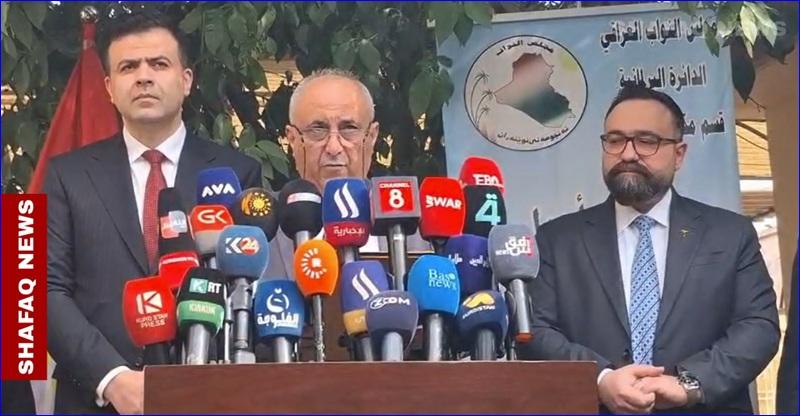


The memorandum was addressed to the Speaker of the Iraqi Parliament and his deputies, the President and members of the Federal Court, the head and members of the Parliamentary Legal Committee, parliamentary bloc leaders, and the head and members of the Independent High Electoral Commission.
Signatories of the memorandum included the leadership of the Christian Alliance's Political Council, the Chaldean Democratic Union Party, the Chaldean National Council Party, the Syriac Gathering Movement, the Chaldean Global Association, the Administrative Body of the Armenian Orthodox Church, the Armenian Association, and the Shlama Movement.
The alliance called for transferring the security responsibility for the Christian and Yazidi communities to qualified personnel from these communities. "We demand that the security file be managed by the indigenous Christian and Yazidi populations of the Nineveh Plain."
The coalition also urged amendments to the laws governing elections for the Council of Representatives and provincial councils, stressing the importance of "fair representation in electoral laws."
Another key demand was the enactment of a personal status law for non-Muslim religious minorities. "We demand a law that ensures the protection of the Personal Status of non-Muslim communities," the alliance stated, highlighting the need to safeguard the rights and traditions of Iraq's diverse religious communities.
The demands come amid a continued decline in Iraq's Christian population. Estimates suggest that the community has dwindled to between 200,000 and 300,000 people, compared to around 1.5 million before 2003. The Chaldean Catholic Church remains the largest Christian denomination in Iraq, representing nearly 80 percent of the remaining population, followed by Syriac Catholics, Assyrians, and smaller Armenian and Arab Christian groups.

or register to post a comment.